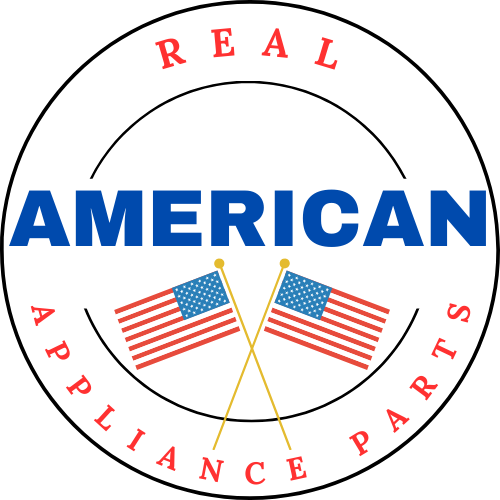Handling Customer-Caused Appliance Damage with Diplomacy and Professionalism
When servicing appliances, repair technicians often encounter situations where the damage is due to user error. Common examples include overloading washers and dryers, failing to empty lint trays, neglecting to clean oven burners, or using inappropriate materials in a microwave. Addressing these issues diplomatically is essential to maintaining customer satisfaction while providing valuable education to prevent future damage.
Approach with Empathy and Understanding
1. Maintain a Friendly and Professional Tone
Customers may feel embarrassed or defensive when they realize the issue resulted from their actions. To keep the conversation constructive:
- Use neutral language and avoid blame.
- Express understanding by acknowledging that mistakes happen.
- Offer reassurance that many people experience similar issues.
2. Focus on Solutions, Not Mistakes
Instead of emphasizing what the customer did wrong, shift the focus to how the issue can be resolved and prevented:
- "This is a common issue, and the good news is it’s easy to prevent moving forward."
- "I see what happened here. Let me show you a quick way to avoid this next time."
3. Use Educational Moments to Empower the Customer
Providing helpful tips in a non-patronizing way makes customers feel more in control:
- Demonstrate proper use and maintenance techniques.
- Explain why certain practices can lead to issues.
- Offer simple, actionable advice such as setting reminders to clean filters or use recommended materials.
Tailoring Communication to Specific Scenarios
Overloaded Washer/Dryer
- Explain how overloading can strain the motor and reduce efficiency.
- Suggest optimal load sizes for best performance.
- Show the customer how to evenly distribute laundry to prevent imbalance.
Lint Tray Neglect
- Highlight fire safety risks associated with lint buildup.
- Demonstrate how to clean the tray after each use.
- Recommend setting a routine to check and empty the lint tray.
Uncleaned Oven Burners
- Explain how buildup can affect performance and pose fire hazards.
- Show how regular cleaning can prolong the lifespan of the appliance.
- Provide safe cleaning recommendations.
Incorrect Microwave Use
- Gently inform the customer about unsafe materials that should never go in a microwave.
- Explain how certain materials can cause sparks or damage components.
- Suggest keeping a reference list of microwave-safe materials.
Ending on a Positive Note
Before leaving, reinforce positive reinforcement:
- Thank the customer for their time and willingness to learn.
- Offer maintenance tips that can extend the lifespan of their appliances.
- Remind them they can always reach out for future assistance.
By handling customer-caused appliance damage with professionalism, empathy, and education, repair technicians can build strong relationships and ensure repeat business while helping customers get the most out of their appliances.
